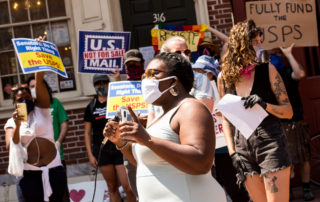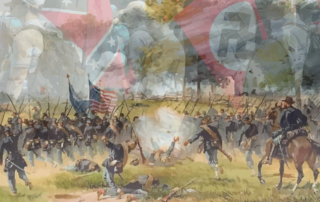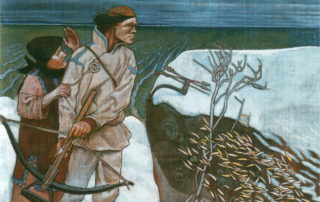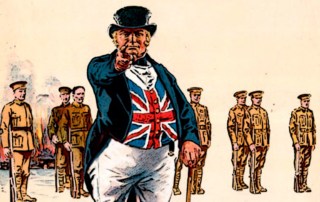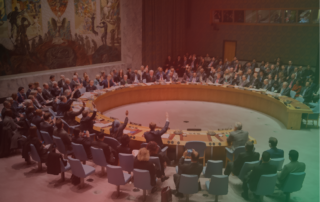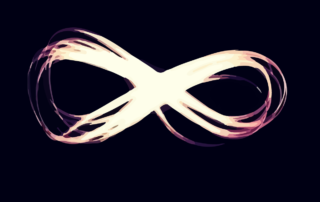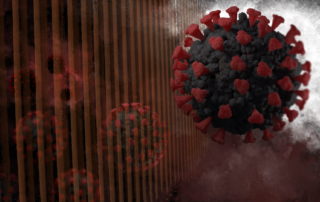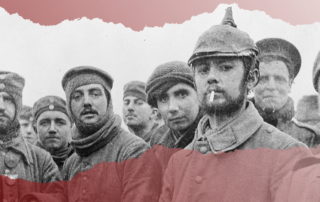Recognition by the Father: Montreal’s Favorite Son Leonard Cohen and an Ancient Story of Homecoming
The themes of homecoming and the father-son relationship have received a lot of literary attention recently. Marilynne Robinson just published Jack, the fourth novel in her Gilead series, about the Ames and Boughton families’ complicated stories of homecoming, fatherhood, and sonhood in an American small town beset by racial and religious tension. The tensions between fathers and sons, and the son’s struggle with finding his way back home are timeless and cross-cultural, and trigger some of the deepest issues we have with identity and belonging. Look to any cultural literary tradition, whether of the West, the East, or the Middle East, and you will find tales of fathers, and those sons who attempt to find their way back into their recognition. Songs by the Canadian musician Leonard Cohen, who died four years ago at the age of 82, suggest that he grappled with the father-son relationship, and with the emotional desire for home and homecoming. Cohen might not at first seem to have much in common with an ancient Greek figure, but a comparison yields rich and provocative similarities between Cohen and Odysseus, the hero of Homer’s poem of homecoming, the Odyssey. Odysseus, a fictional warrior with talents, like Cohen, as a language-artist, is better-known for his homecoming as a husband, but he ultimately returns to his broken father as the honored and beloved son. Homer’s and Cohen’s poetry have some surprising parallels on this theme. The fictional character of Homer’s ancient epic and the real-life contemporary poet and musician speak to each other across time and space.
The Unmasked Question: Behind the Veil of Misery
No veil of ignorance shields us from the worst, or blinds us to the fate we have in store. Only philosophers think that they can escape from it by erecting a priori theories and creating hypothetical cases, as if we could start from scratch and be given a second chance. Life is what it is—uncompromising and unredeemable. That is what people know in their bones. They don’t need a theory, be it original sin or the myth of meritocracy, to figure that out, or to understand that wearing a mask does not protect you from poverty, iniquity, or disgrace—or from being stomped on by the police, every day, or from being gang-raped, or from being homeless, or from being poor, naked, unaccommodated fool, thrust out upon the heath, in the cold, with no crown except the concussion from playing football or being beaten with a lead pipe by an ex-spouse, or being unnatural heir to a thousand shocks, both large and small, as you eke out a meager existence amid a thousand points of blight, with no end in sight, except the one we all dread, but are powerless to prevent.
Why I Signed the “Dump Trump, then Battle Biden” Open Letter
I surprised myself, because the position of advocating a lesser-evil vote – not for myself in Massachusetts, but for those in “battleground” states – is one that I would not ordinarily take. But this is not an ordinary moment, and the allowance for this kind of exception finds strong precedents, including in the strategic thinking of Marx.
Our New Civil War
What distinguishes Trump from every other president in my lifetime is that he appears to be a supremacist, not only in action, but in ideological commitment. It is just in this sense that Trump is anti-American.
Two-wrongs-make-a-right fallacy
The two-wrongs-make-a-right fallacy is a misplaced appeal to consistency: accept, or condone, one thing that is wrong because another similar thing, also wrong, has occurred, or has been accepted and condoned. It's clearly flawed reasoning, which has led to many escalating feuds. Yet, it continues today.
Collectivism & Consensus in a Post Covid-19 World
Death is a great leveler and, a virus that strikes at individuals indiscriminately, a potent reminder of just how precarious life can be and why, much like the pioneers, it might be in humankind’s best interest to re-invest in a philosophy that acknowledges man’s ability to understand the real world around him. Ayn Rand’s maxim that “nature to be commanded, must be obeyed” seems particularly appropriate (9). The question is, do we have the courage and the humility to subject ourselves to the laws of nature and identity?
Kenya’s quest for a non-permanent seat on the Security Council is meaningless without United Nations reform
Non-permanent rotating membership seats on the Security Council do not afford the weaker nations of the world an avenue to advance their interests. Developing nations are played off against each other by major powers based on the perceived allure of a non-permanent seat. Without reform, these seat are little more than contemptuous tokenism.
A Case for Immortality
Our transient lives are governed by what I would call “mortal time”, an idea stretching its way through Western philosophy from Heraclitus through Socrates to at least Heidegger. It is a time curved to a specific end in death. All our society, culture, and even science is bent by our mortal temporal curvature. Our lives are sorted out and planned according to our inevitable decline and eventual total physical disappearance. The lens through which we view our entire existence is death, our consciousness is therefore a thoroughly mortal one.
Being without Borders: examining popular philosophies of illness and the biopolitics of pandemic
From our lockdowns we glimpse once more, at least on a biological level, the chaotic ‘state of nature’ laid out by Thomas Hobbes in Leviathan; a life underscored by the continual ‘fear and danger of a violent death’, in which ‘every man is an enemy to every man’.
Of Friendship and Politics
The First World War traumatized the political and cultural life of Europe, especially in the German speaking world. Heidegger's, Jasper's, Freud's, Junger's, Hesse's (not to mention Hitler's) inter-war works are unthinkable without this bloody caesura in European history. In a profound sense, the inter-war period in Germany (but not only) could be viewed as a psychic expression of what we would call today: Post Traumatic Stress Disorder. One of the more notable of these dark intellectual manifestations was Carl Schmitt's The Concept of the Political. Yet Carl Schmitt is closer to us than we are usually likely to admit.



